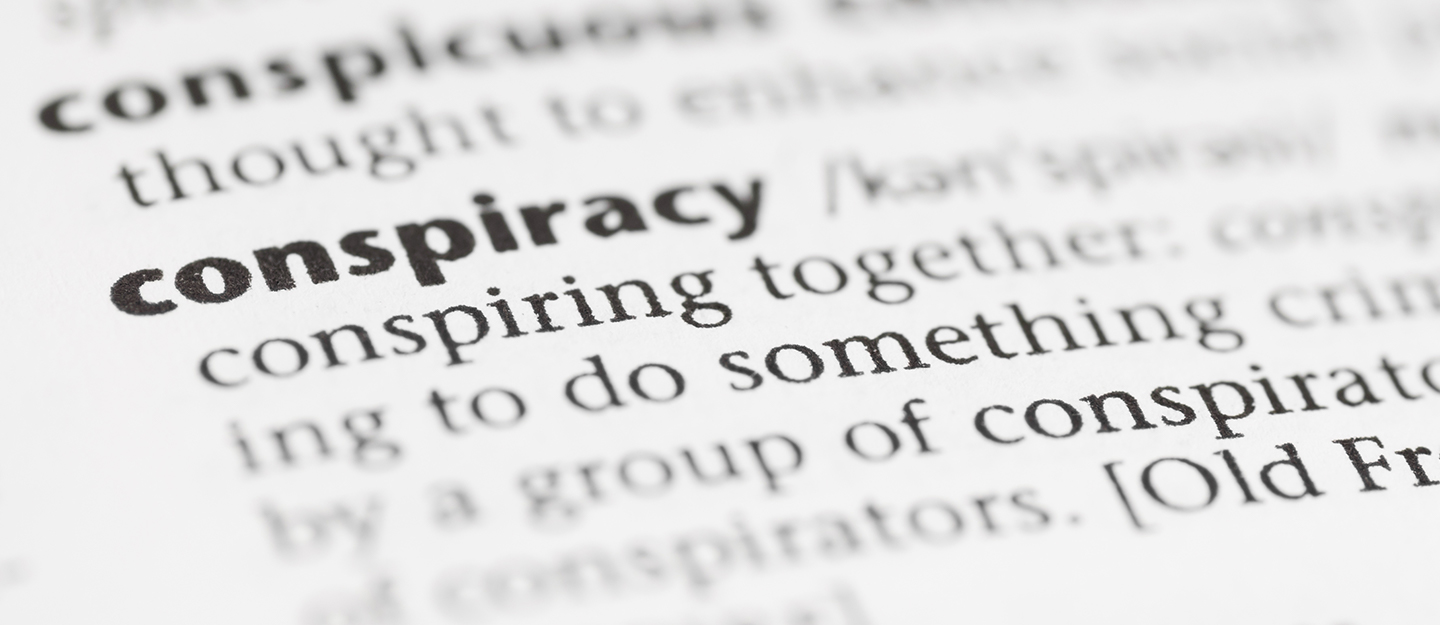Page Hero

Conspiracy
NACDL is actively working on reform in the area of conspiracy law. Currently, the federal criminal code has a number of conspiracy provisions, but the provision to defraud the United States, 18 U.S.C. § 371, is especially worrisome. It has been interpreted to include almost any effort to interfere with a function of the federal government through deceit. NACDL is working to reform this vague provision, and other aspects of criminal conspiracy law, to ensure only those truly deserving of punishment are swept up in its net.
Exclusive Content
Access to the page you selected is exclusive.
If you are a member or have acccess, Login.
If you are not a member yet, please join NACDL and the fight for a fair, rational, and humane criminal legal system now.
